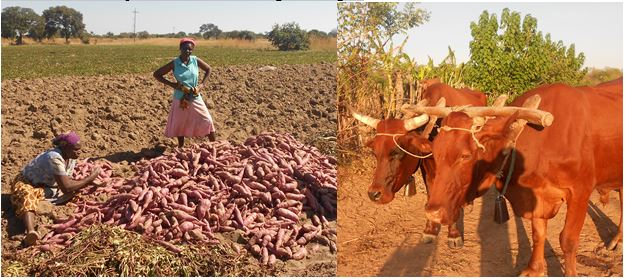The sum of community knowledge is greater than the sum of individual expert knowledge
While it is true that community knowledge is broader and deeper, most African farming communities hesitate to make decisions without consulting an extension officer. The need to cross-check and verify facts through an extension officer can be counter-productive if it causes farmers to stop experimenting and learning from their innovations. Surveys by eMKambo over the Read more about The sum of community knowledge is greater than the sum of individual expert knowledge[…]










